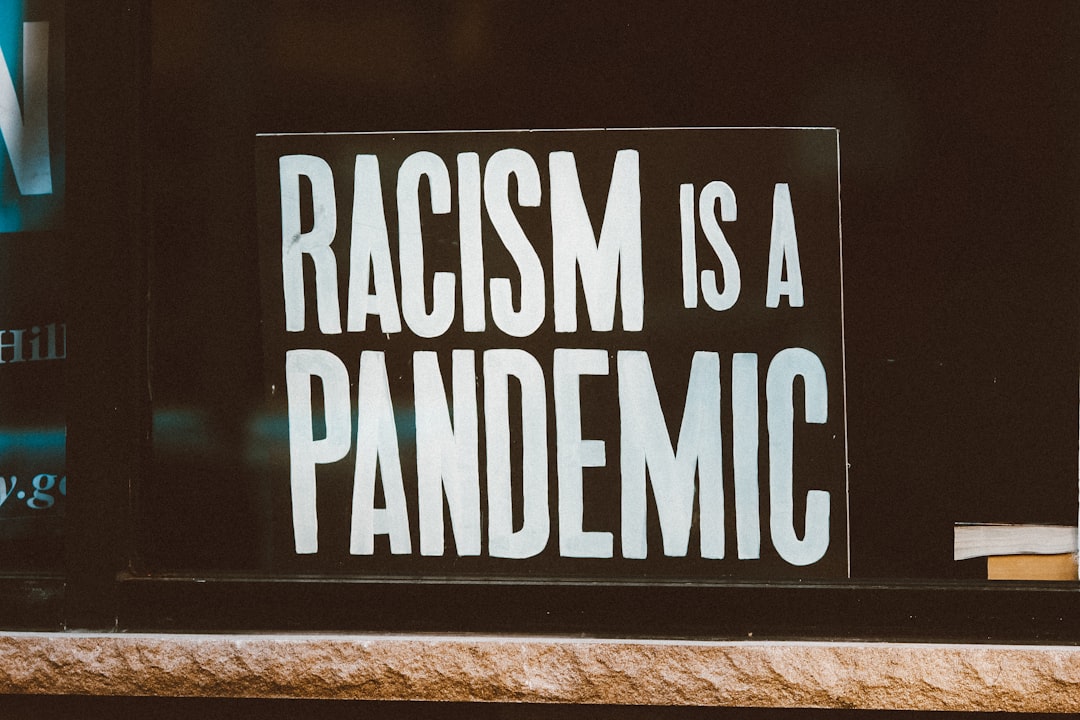A.I. in Racism, Sexism and Unequal Access (in Healthcare)
Not to mention A.I. Hype centralizing power and leading to more wealth inequality.
Hey Guys,
While A.I. is making many important contributions to a variety of industries, there’s increasing emphasis on A.I. ethics and codes of conduct. Unfortunately in the history of facial recognition and other aspects, there remains elements of bias, racism and sexism within our models.
Currently according to the Guardi…
Keep reading with a 7-day free trial
Subscribe to AI Supremacy to keep reading this post and get 7 days of free access to the full post archives.


